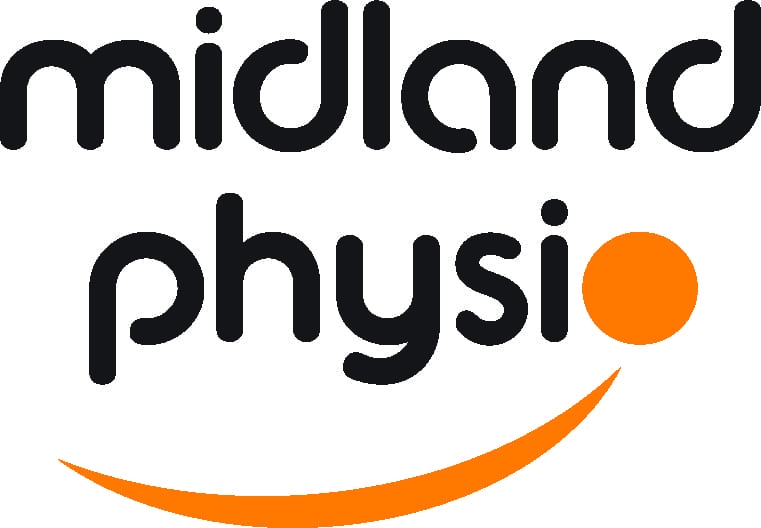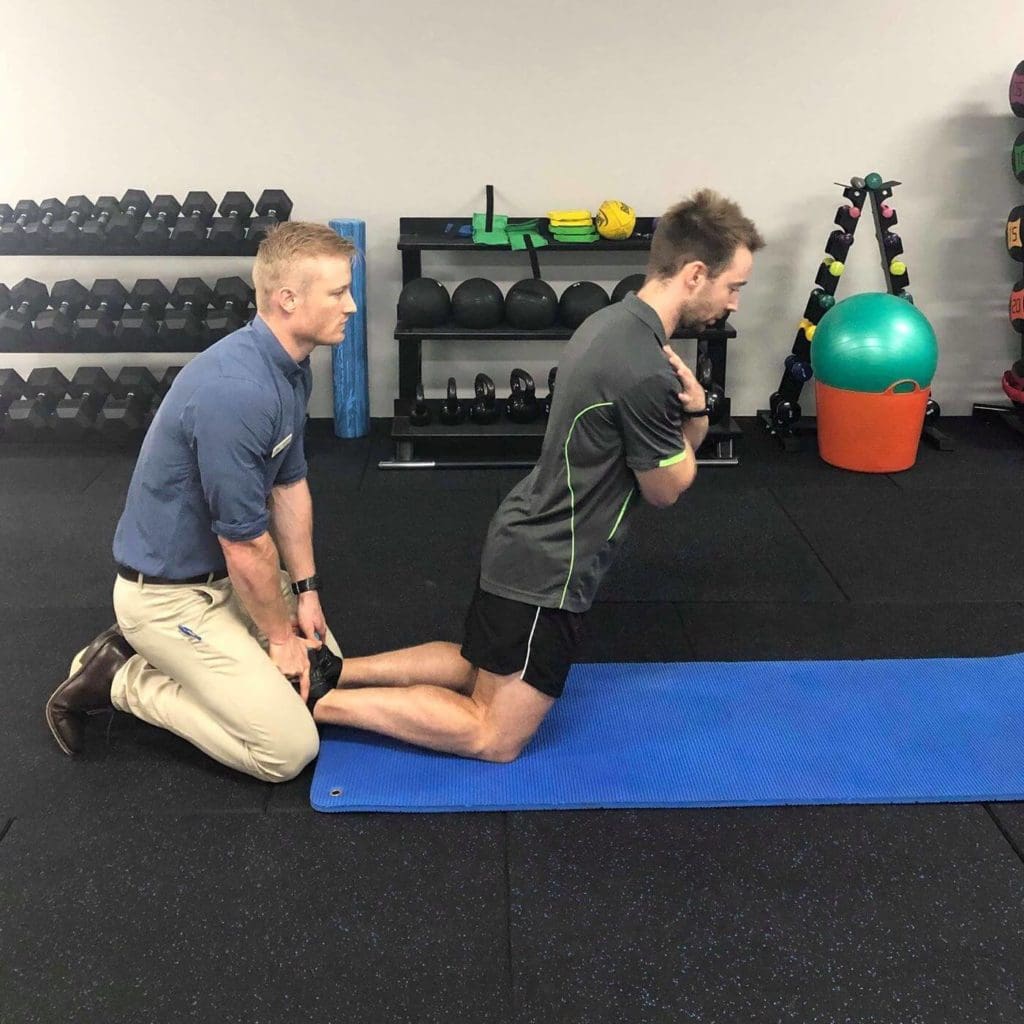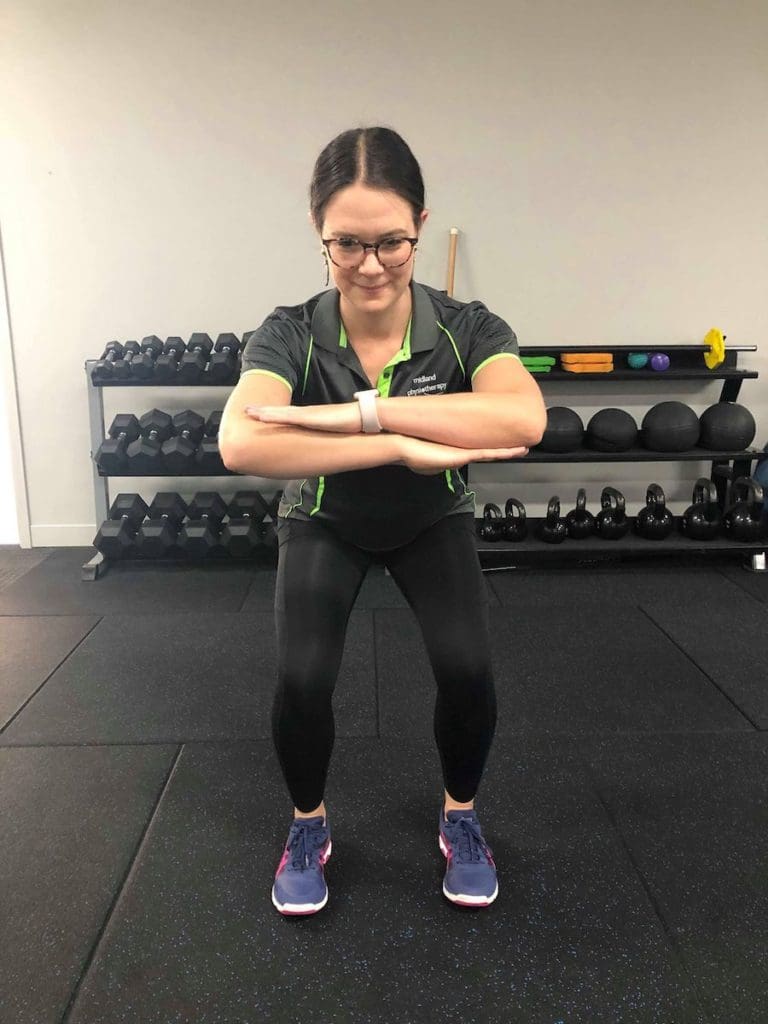Back Pain. Disc Bulges. Nerve Pinches. Sciatica. Surgery. These words are normally enough to make anyone shake in their work boots.
Nonetheless back pain is extremely common and fortunately in the large majority of back pain cases there isn’t a significant muscle, joint, or disc injury and it is expected to resolve with good management between a few weeks, up to a few months.
It is the very small percentage of back pain cases that do result in radiculopathy (nerve conduction loss leading to weakness, numbness and/or pain in certain areas in the leg) which has made back pain and sciatica one of the most feared musculoskeletal conditions there is.
Although not always, a common cause of this type of nerve injury is from large disc bulges or protrusions. Interestingly research has shown that disc bulges are more likened to grey hairs and wrinkles (normal age related changes). In fact as we all age more people HAVE disc bulges than those without, and most people don’t even realise they have them (they are not well correlated with back pain)
It was once commonly thought that back injuries with a ‘pinched nerve’ needed surgery to recover, but almost by accident it was found that gradually, over an extended period of time, leg and back symptoms very commonly improved and surgery could be avoided. One study found that on scans, big disc bulges on average SHRUNK by over 60% in two years (just like a big skin cut shrinks into a small scar) and in the majority of these cases (83%) had a complete and sustained recovery at 2 year follow-up.


Interestingly the size of the disc bulge didn’t seem to determine the severity of symptoms or disability somebody had, which highlights that symptoms and recovery aren’t just related to the disc bulge but other factors like having good coping strategies, control over pain and confidence in a good management plan. Personally I have seen many people with back pain and nerve conduction loss that have made a brilliant recovery with physiotherapy management.
Of course sometimes surgery cannot be avoided and if you experience back pain with nerve symptoms it is important to seek good quality medical advice and guidance over the course of recovery to monitor improvement, assist with rehabilitation and help you return back to all of your normal daily tasks.

References
Conservatively treated massive prolapsed discs: a 7-year follow-up (2010) – RT Benson, SP Tavares, SC Robertson, R Sharp, RW Marshall.
Systematic Literature review of imaging features of spinal degeneration in asymptomatic populations (2015) – W. Brinjikji, P.H. Luetmer, J.G. Jarvik.




